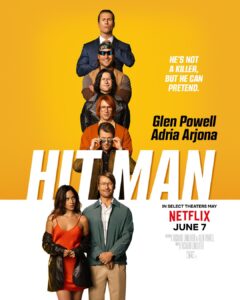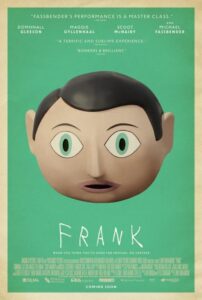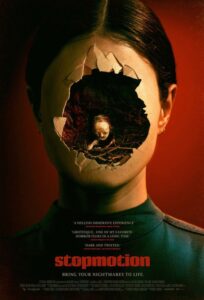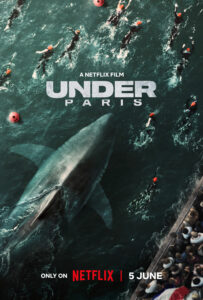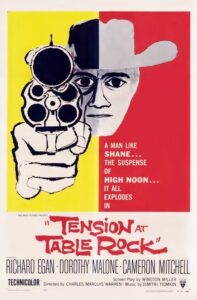I’ve been very busy reading submissions for Kaleidotrope, and then my television unexpectedly, so I only watched three movies last week:
 |
 |
 |
- I’m “George Lucas”: A Connor Ratliff Story is probably only of interest if you’re already a fan of the weird and often hillarious The George Lucas Talk Show. But if you are, it’s a genuinely interesting look behind the curtain.
- Abigail is fun, but it might have been more so if it hadn’t revealed its one twist in all its marketing, or if it hadn’t gotten to that twist a little earlier. The cast are good, but I kept waiting for the movie to do something more clever with its premise.
- The fun, but very forgettable, musical numbers and in Mean Girls notwithstanding, this remake doesn’t bring a lot that’s new to the table and shows some really lazy storytelling near the end. There are some clever moments that play up that it’s a musical adaptation, and the performers themselves are often very good, it’s mostly just a weak copy, of a movie that was just kind of okay to begin with.
I also re-watched Out of Sight, which was as good, if more violent, than I remember it.






















